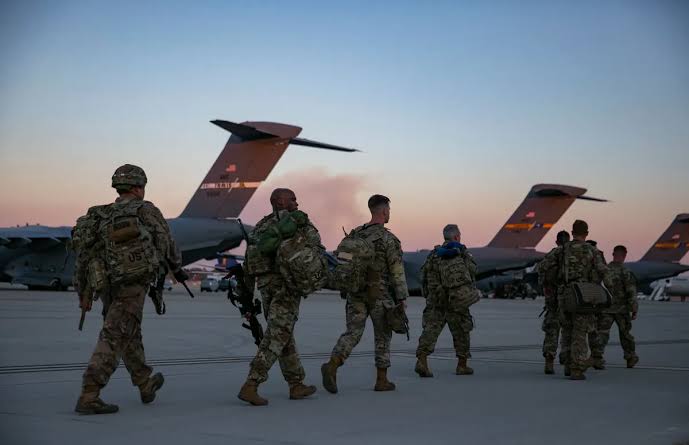The United States will withdraw some troops from Chad, the Pentagon has said, days after Washington agreed to move forces out of neighbouring Niger.
The US has approximately 100 troops stationed in Chad as part of its strategy to combat extremism in West Africa.
“USAFRICOM is currently planning to reposition some US military forces from Chad, a portion of which were already scheduled to depart,” Pentagon press secretary Major General Pat Ryder told a news conference on Thursday, April 26, referring to the US Africa Command unit.
“This is a temporary step as part of an ongoing review of our security cooperation, which will resume after Chad’s May 6 presidential election.”
Chad’s air force chief had ordered the US military this month to halt activities at an air base near the capital N’Djamena, according to a letter sent to the transitional government and seen by AFP.
He said he had asked the US military to provide documents “justifying its presence at the Adji Kossei Air Base” but had not received any.
US troops at the Adji Kossei military base train anti-terrorism special forces and an elite unit of the Chadian army to combat the Nigerian jihadist group Boko Haram.
Niger also helps the US and French strategy to combat jihadists in the region.
But Niger’s ruling military junta said in March that it was ending a military cooperation agreement with the US, claiming it had been imposed and the US troop presence was illegal.
General Mahamat Idriss Deby Itno seized the presidency of Chad in a 2021 coup after the death of his father, Idriss Deby Itno, who had ruled the Sahel country with an iron fist for more than three decades.
He announced in March his candidacy in the upcoming presidential election that has seen opposition candidates banned from running, and his main rival Yaya Dillo Djerou shot dead in an army assault on his party headquarters
Washington this week began discussions with Niger on withdrawing the more than 1,000 US personnel in the country, which is also home to a $100-million American drone base.
The United States will “continue to explore options on how we can ensure that we’re able to continue to address potential terrorist threats” in the wake of the withdrawal, Ryder said this week following the announcement of the US pull-out from Niger.


